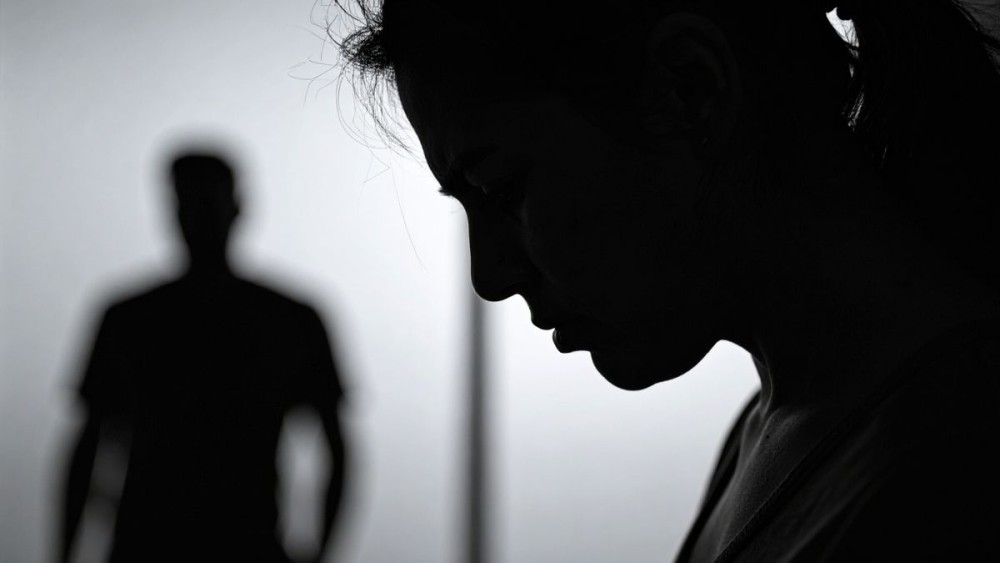Representational Image. (IANS Photo)

Y Merina Chishi
Dimapur | October 6
Last year Naga Women Hoho came up with a solution to stop increasing crime against women in Nagaland: to dress “appropriately.” The women’s organisation warned that it would take appropriate measures against any girl found wearing “indecent” and “skimpy dresses.” So while the blame went to the mini-skirt, crimes against women continued to rise. And sadly for the hoho, many of victims weren’t dressed “skimpily” or “inappropriately” when the crimes were committed.
An independent investigation reveals that “minor girls” and “domestic helpers” topped the list among the victims. However, the numbers presented in the media or cases registered in police stations do not represent the entire picture of crimes being committed against women in Nagaland. What is going on behind closed doors of homes is alarming and should give any women organisation in Nagaland reasons to think beyond their absurd diktats. Sexual abuse of female domestic workers in Naga homes is no longer a hidden secret. Though there are no recorded numbers, stories of victims rescued by NGOs or self-reported cases bring to light crimes behind the scene.
“Saab started making sexual advances towards and started molesting me. I was scared to be alone in the house with him. I think grandmother also noticed and helped me escape when no one was at home,” Meena (name change) told a Dimapur based NGO. Teenaged Meena served as a maid in private residence in 3rd Mile, Dimapur. She refused to discuss lodge an FIR with the police because she was scared her employer would kill her.
Lodged in another charitable home in Dimapur is Savita (name changed) who was impregnated by her employer’s son. Although the boy claimed that it was consensual sex, Savita said she was raped. Barely 16, she had been living with the family as an “adopted daughter” for several years before the unfortunate incident took place. With the help of the NGO, Savita won a court case and the accused was fined a sum of money but spared sentence.
Despite efforts to seek justice for victims like Meena and Savita, constant threats from the perpetrators deter social workers from pursuing legal action with cases often ending in a “compromise”. The victims are often blamed for being “morally weak” or “cunning.” Many are also forced to have abortions by the families. There is also little support for them from the law enforcement agencies or the public. Since such things happen inside homes, they are not included in the list of crimes nor highlighted in the media.
In fact, social workers are scared to speak about it publicly. Domestic workers are considered to be most vulnerable to sexual harassment. Social workers believe that many girls are not living in the best conditions. Not just sexual but physical abuse is rampant and domestic workers (mostly live-in) are subject to some of the most gruesome crimes. Perhaps, it is time for Naga women organisations and the State Women Commission to start collecting information and proper data on all aspects of crime against women in the State instead of putting the responsibility for avoiding rape on the shoulder of the victim.






